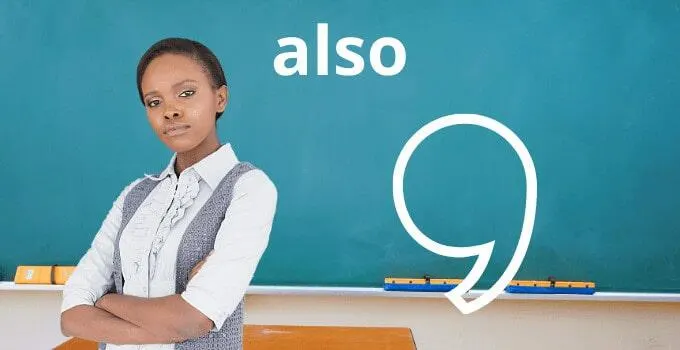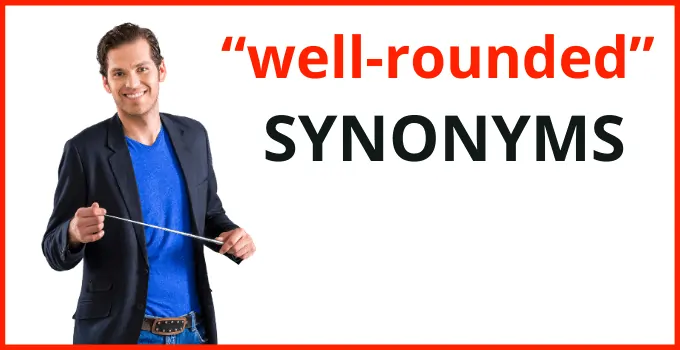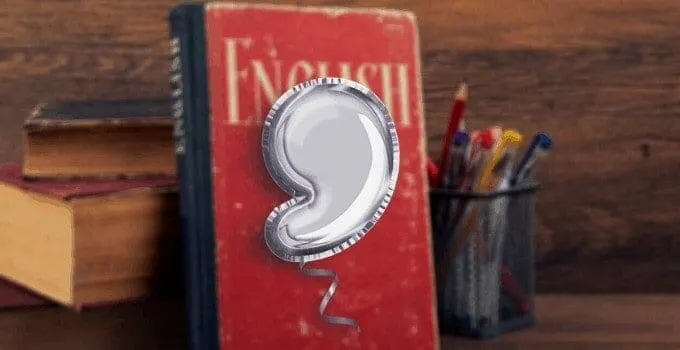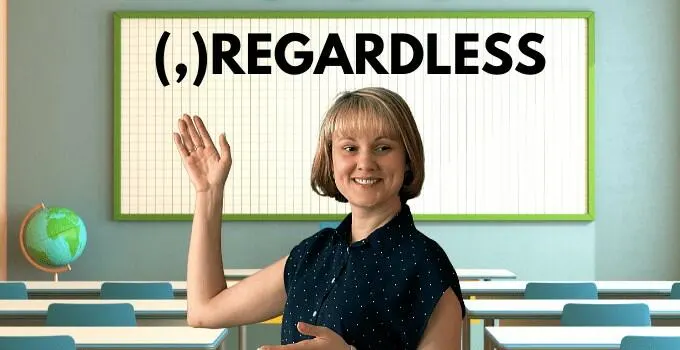Punctuations provide prosodic cues that convey the intention and tone of texts. The rhythm of the text can be manipulated by the mastery of punctuation placement, such as commas. Put simply, sentences without punctuations are like songs without beats while punctuation misplacement is equivalent to a person who could sing, yet hits the wrong notes …
Search results for: nonetheless
Writing could sometimes feel like grasping at straws when we have to decide whether or not to put a comma before or after a certain word. As perplexing as it may seem, punctuations such as commas are actually fairly easy to use. Punctuation should become much less difficult, especially if we know our cohesive devices …
When it comes to punctuation, the comma is probably the most used punctuation next to the period. However, unlike the period, using commas can be tricky which can lead to committing errors in their use. These mistakes can make your writing less effective, especially when readers have a harder time understanding due to the improper …
If you read any style guide, one piece of advice you will come across time and again is to avoid using the same word over and over and over again. The reason behind this advice is that repetitive writing is boring, monotonic, and plain drab. You want to be none of those. In fact, …
There are some standard phrases that you are going to come across time and again. For instance, I’m sure you’ve heard someone say, “Excuse me, but …,” which is a simple way of grabbing someone’s attention without seeming too intrusive. You can follow that phrase with a request, a question, or any other “imposition.” You …
Whenever you start learning a language, there are always a few things that are bound to stump you. There are words that have multiple meanings, and the only way to figure out the meaning is from the surrounding contexts. There are phrases and expressions that are completely idiomatic and have nothing to do with the …
When it comes to grammar, most of the rules are logical when you think about them. For instance, plural nouns take plural verbs, independent clauses are separated from each other by a comma, and the subject of a participial phrase should be the same as the main clause so as to avoid dangling participles. In …
Commas are confusing creatures. You don’t know when to use them and when to ditch them. Nevertheless, you must learn when to add a comma to your sentence if you want to make your writing more legible. You see, a big part of using commas revolves around the meaning of a sentence and the information …
English is the international language. It is the second most spoken language in the world after Mandarin, and it dominates more than 55 percent of all online content, making it the de facto language of the World Wide Web. So, in a globalized world, one that is getting smaller by the day, English has been …









